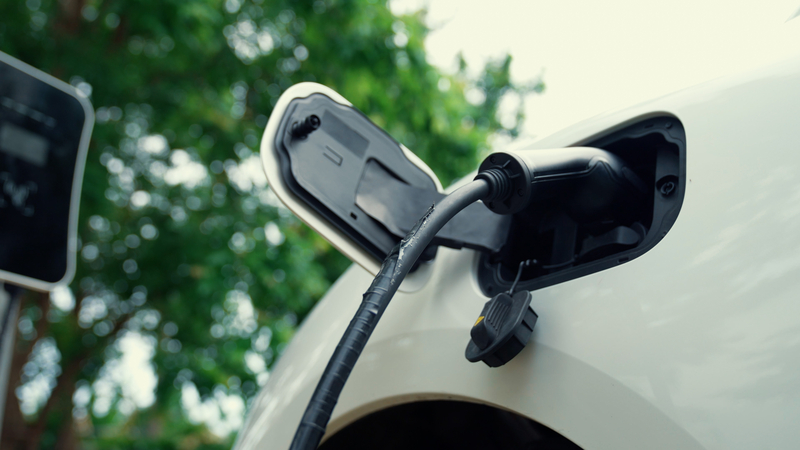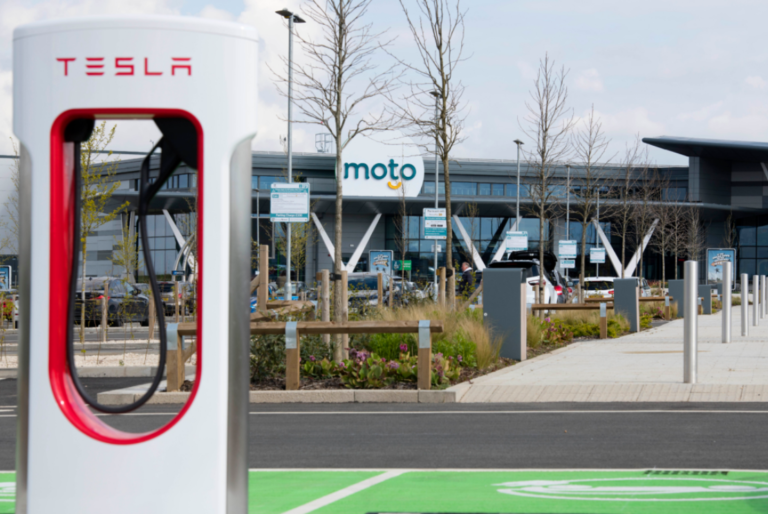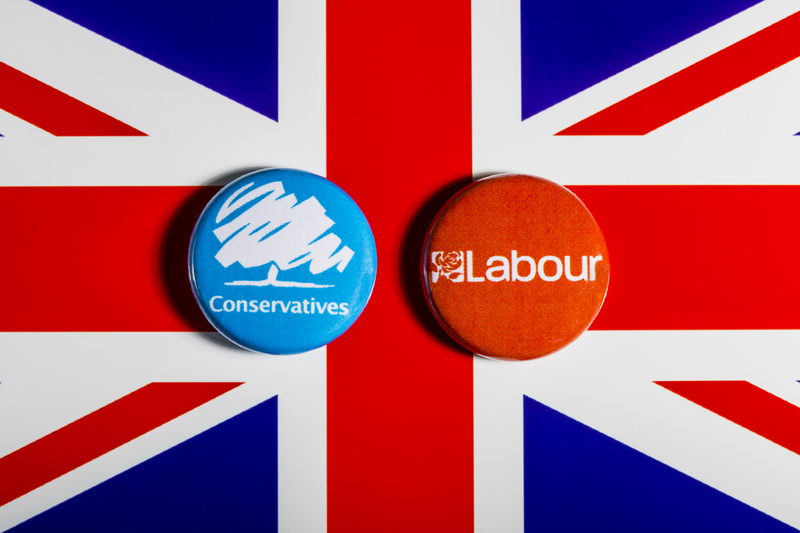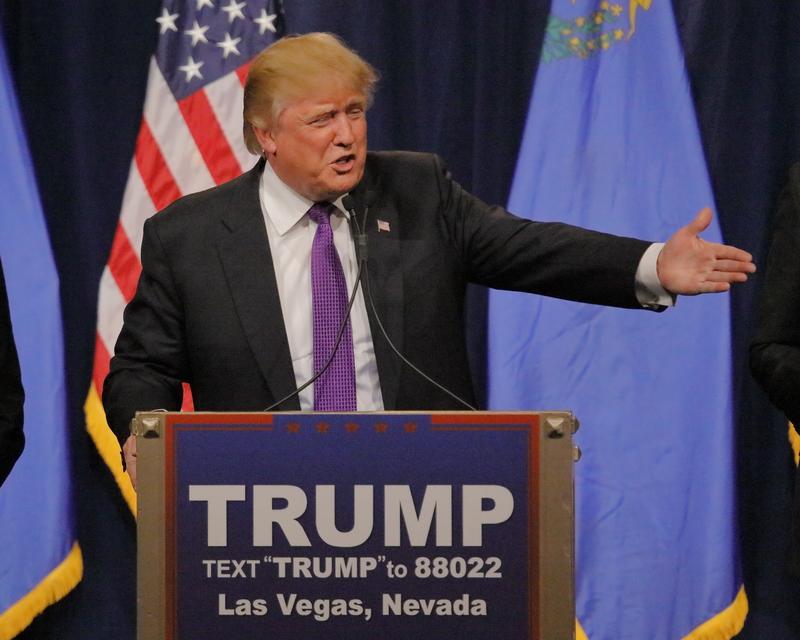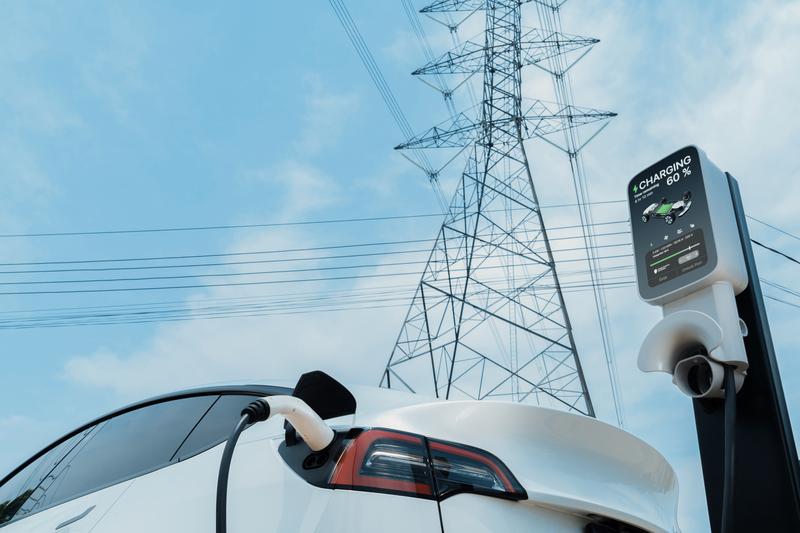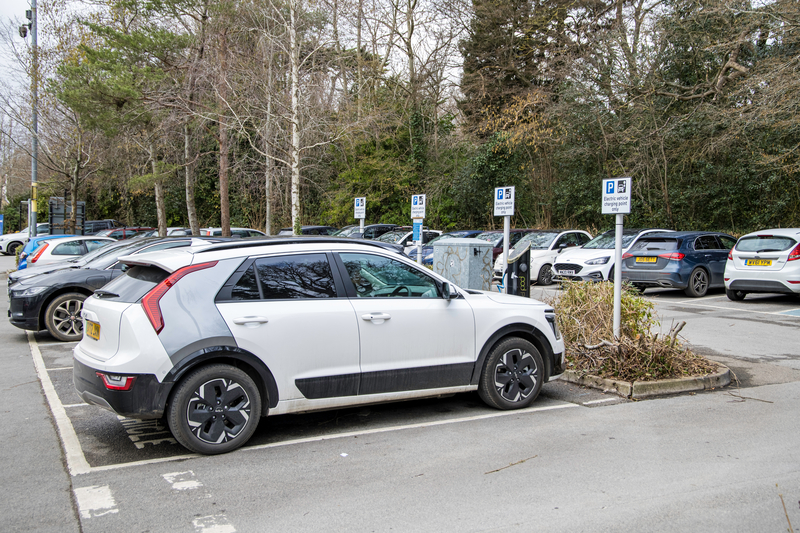
The government adds that it will set out further details in due course. The previous Conservative government had pushed back the ZEV Mandate deadline for phasing out ICE vehicles to 2035.
The announcement follows a meeting on November 20 between government ministers with industry leaders on the ZEV Mandate.
Transport Secretary Louise Haigh and Business and Trade Secretary Jonathan Reynolds hosted a roundtable with automotive and charging industry leaders to discuss the transition to electric vehicles and the ZEV Mandate.
A Government spokesperson said: “Ministers from across Government have met with automotive sector and industry representatives to discuss the transition to electric vehicles, and how the Government can support continued growth of the sector.
“Recognising the global challenges the industry has been facing, ministers underlined the Government’s commitment to working constructively and in close partnership with the sector as we support the transition to electric vehicles by 2030.
“The UK automotive sector now has the fastest growth of zero emission vehicles of any major European market, and we’re providing more than £2.3 billion to support industry and consumers in making the switch, with 57 new public electric vehicle chargers added on average each day.”
Attendees at the roundtable included representatives from SMMT, Tesla, Nissan, Ford, Volkswagen Group, Stellantis, BMW, Toyota, ChargeUK, and BVRLA.
The government says it is investing £2bn to support the UK automotive manufacturing industry in making the switch to EVs to achieve the 2030 ZEV Mandate phase out target.
This comes on top of £120m support for businesses to purchase of new electric vans via the plug-in vehicle grant and to support the manufacture of wheelchair-accessible EVs, alongside a range of taxation incentives.
The ZEV Mandate has a range of flexible targets designed in consultation with the sector to support manufacturers. These include:
CO2 Conversion: A manufacturer that lowers its average CO2 emissions across its vehicle fleet, for example by selling efficient hybrids, is allowed to sell fewer zero emission vehicles.
Borrowing: A manufacturer can choose to deliver fewer ZEVs this year in exchange for delivering more in future years.
Banking: Manufacturers that overperform targets this year can save that compliance for future years.
Trading: Manufacturers that overperform targets this year can sell that compliance to manufacturers that underperformed.
Chargepoints: The chargepoint industry has committed over £6bn to 2030 to grow the UK’s charging infrastructure.
The government says it has committed £200m from the Budget to accelerate the chargepoint roll-out.
There are now over 71k public chargers in the UK, with 57 added on average each day. "This is a fantastic achievement, and we will continue supporting industry roll out chargepoints as fast and as widely as possible," the Department for Transport said in a statement.
It added: "It is only by bringing two critical industries together – manufacturing and infrastructure – that we can look holistically at the challenges of encouraging fleets, businesses, and families to choose zero emission models.
"We also want to knock down the barriers to getting chargers in faster. We’re working on making planning & permitting easier, and grid connections are a clear cross-Government priority.
"In parallel, we need to work together to build that public trust to make the switch. Further requirements under the Public Charge Point Regulations come into force this month making it easier to pay for charging and to find an available chargepoint, which will improve the experience of EV drivers, and, as we set out in our Automotive Strategy, we want to look at possible chargepoint targets that support the chargepoint industry, give consumer confidence and gets Government funding where it’s most needed."
Car manufacturing representatives have warned about the need for balance between having regulations forcing supply and measures to stimulate demand. Mike Hawes, chief executive of the Society of Motor Manufacturers and Traders (SMMT), commented after the roundtable: "Having already collectively committed hundreds of billions of pounds to developing zero emission vehicles and services, businesses across the entire value chain are in the midst of an immensely complex and costly transformation.
"The prize is long-term green economic growth, growth which the UK sector sorely needs if it is to remain a major automotive manufacturing nation post transition. That position could be undermined, however, if regulation forces supply without measures to stimulate demand. Balancing the two is fundamental to a successful and vibrant market.
"Securing the attractiveness of our country for investment requires a competitive manufacturing base, which in turn needs a healthy market. Manufacturers will always produce close to where they sell so if the market is small, they will go somewhere bigger. Everyone shares the ambition of zero emission mobility but moving the market requires not just workable legislation but consumer support. It means carrots as well as sticks."



